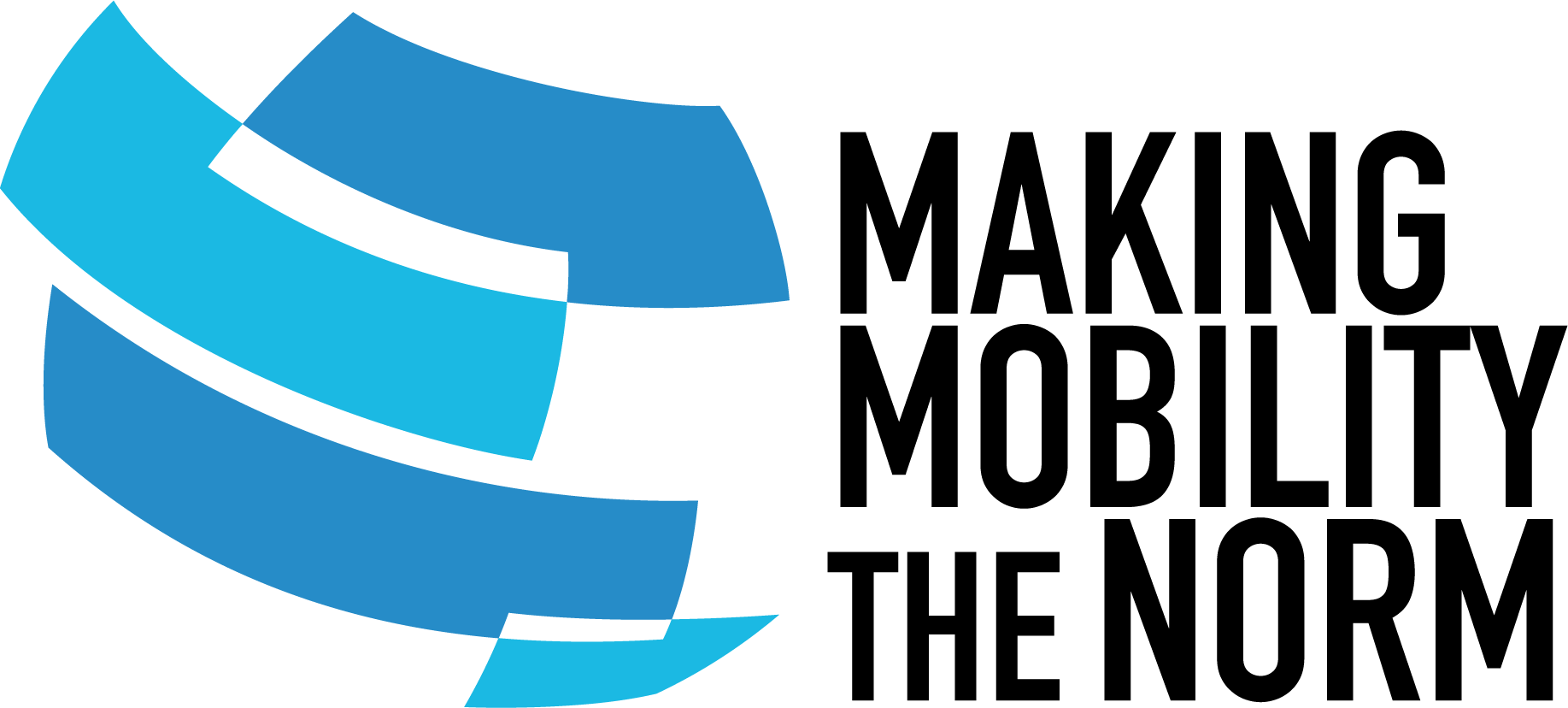Institution
Organizational Unit
Code
ΨΥ-481
ECTS
6
Language of instruction
Greek
Academic term
2/2
Title
ΨΥΧΟΠΑΘΟΛΟΓΙΑ el
PSYCHOPATHOLOGY en
Description
This course includes a critical presentation of the issues that relate to the definition and study of abnormal psychology, the commonly accepted diagnostic systems, and the main diagnostic categories, of the DSM. The main psychological theories (cognitive, behavioural, psychodynamic, systemic, sociocultural) are discussed as well as neurobiological findings that concern the aetiology of these psychological difficulties. Also, the main modes of psychological therapy that have been developed for the treatment of these difficulties are discussed. Clinical material is presented for discussion, with an aim to introduce students to psychological formulation and to the role of diagnostic systems in this process. Throughout the course the usefulness as well as the limitations of diagnosis as an institutional practice are discussed, as well as issues of clinical practice and ethics in relation to diagnosis.
Learning outcomes
Upon successful completion of the course, students will:
•Be familiar with the issues and challenges associated with the definition and categorization of ‘abnormal behaviour’
•Know the current diagnostic systems used, with a focus on DSM 5, and be able to identify and define the main diagnostic categories, as well as to describe their features
•Know the main psychological and neurobiological theories for the aetiology of psychological disorders as well as the main therapeutic approaches for them
•Discuss the usefulness and limitations of the clinical approach based on the categorization of psychological disorder
Understand issues relating the use of diagnosis in clinical psychology practice
•Understand ethical issues that arise in the practice of diagnosis as an institutional practice
•Be familiar with the issues and challenges associated with the definition and categorization of ‘abnormal behaviour’
•Know the current diagnostic systems used, with a focus on DSM 5, and be able to identify and define the main diagnostic categories, as well as to describe their features
•Know the main psychological and neurobiological theories for the aetiology of psychological disorders as well as the main therapeutic approaches for them
•Discuss the usefulness and limitations of the clinical approach based on the categorization of psychological disorder
Understand issues relating the use of diagnosis in clinical psychology practice
•Understand ethical issues that arise in the practice of diagnosis as an institutional practice
